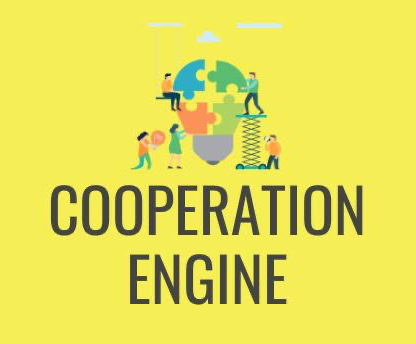-
Heath posted an update 5 months, 2 weeks ago
In our routine activities, we often engage in exchanges using money, yet the intricacies behind what we consider money often go ignored. At the core of this financial web is legal tender, a type of currency that has gained importance in the modern economic landscape. Understanding this concept is crucial for grasping how our economy functions and how value is assigned to the things we acquire and sell every day.
Fiat currency, by nature, refers to money that is issued by a nation and does not have intrinsic value or backing by a physical commodity, such as precious metals or other forms of currency. Instead, its worth is established by the faith that people place in the government. This form of money has become the foundation of the global economy, facilitating trade and economic activity in a way that is transparent and widely recognized. As we investigate what fiat currency truly is, we will uncover its importance in shaping our economic exchanges and the underlying principles that govern its existence.
Grasping Legal Money
Paper money is a type of currency that has no inherent value and is not backed by physical commodities like gold or platinum. Conversely, its value comes from the confidence and assurance that people place in the government that issues it. Essentially, paper currency is government-minted currency that is accepted as a method of exchange for goods and services. This reliance on confidence means that its value can vary based on economic conditions, government stability, and other factors.
One of the primary features of fiat money is that it is established by government laws or statute. Unlike hard money, which derives value from the substance used to produce it, paper currency is functionally a cultural artifact. The word “fiat” comes from the Latin word for “let it be done,” implying that the money has value because a state determines it to be so. This system allows for greater flexibility in managing financial policy, as governments can alter the currency supply to affect financial activity.
In the modern global market, fiat currencies predominate the financial landscape. Many countries have embraced fiat currency systems, allowing for easier and more efficient transactions. People use legal currency for daily purchases, saving, and investments, creating the basis of modern economies. The dependence on legal money highlights the critical nature of fiscal and economic policies, as they have a crucial role in upholding public confidence and, consequently, the overall soundness of the currency.
Purpose of Fiduciary Money
Fiat money serves as a medium of exchange, enabling transactions in everyday life. In contrast to commodity money, which is backed by tangible assets like gold or silver, fiat currency derives its value from the trust and faith that people place in it. This trust is bolstered by the backing of a government that provides the currency, ensuring it can be used to purchase goods and services, settle debts, and satisfy financial obligations.
An additional important aspect of fiat currency is its function as a unit of account. This means that it supplies a common measure of value, enabling individuals and businesses to compare the value of multiple products and services simply. By providing a stable pricing mechanism, fiat money simplifies the process of budgeting, investment, and economic development, making it fundamental to the functioning of present-day economies.
Lastly, fiat money acts as a wealth reserve, enabling individuals to set aside and keep wealth over time. While factors such as inflation can affect its buying power, fiat currency is commonly recognized for future transactions. People trust that they will be able to use their set-aside fiat money in the future to acquire goods and services, which promotes economic development and security.
Impacts on Everyday Transactions
Paper money plays a crucial role in facilitating everyday transactions by providing a reliable medium of exchange. Unlike commodity money, which is tied to a tangible resource, fiat currency derives its value from government regulation and trust in the governing body. This trust allows individuals and companies to conduct transactions with confidence, knowing they are using a accepted form of payment. As a result, individuals can easily purchase products and services, settle bills, and clear debts without the issues associated with barter or trade of physical goods.
The convenience of fiat money is apparent in numerous everyday scenarios. For example, when you make a buy at a grocery store, you can choose from various payment methods, such as physical currency, credit cards, or e-wallets, all based on fiat currency. This flexibility enhances consumer experience and stimulates spending, thus increasing economic activity. Moreover, the ability to use fiat currency for transactions across multiple platforms and geographical locations encourages global trade and commerce, making it an essential part of the modern economy.
Additionally, fiat currency allows for the execution of monetary policy, which can influence economic conditions. Central banks can adjust interest rates and regulate money supply to balance or activate the economy. This capability directly impacts consumers and businesses by influencing loan availability, investment decisions, and overall economic growth. In fiat money definition , the fiat money system not only streamlines transactions but also plays a fundamental role in shaping the economic framework of routine life.
